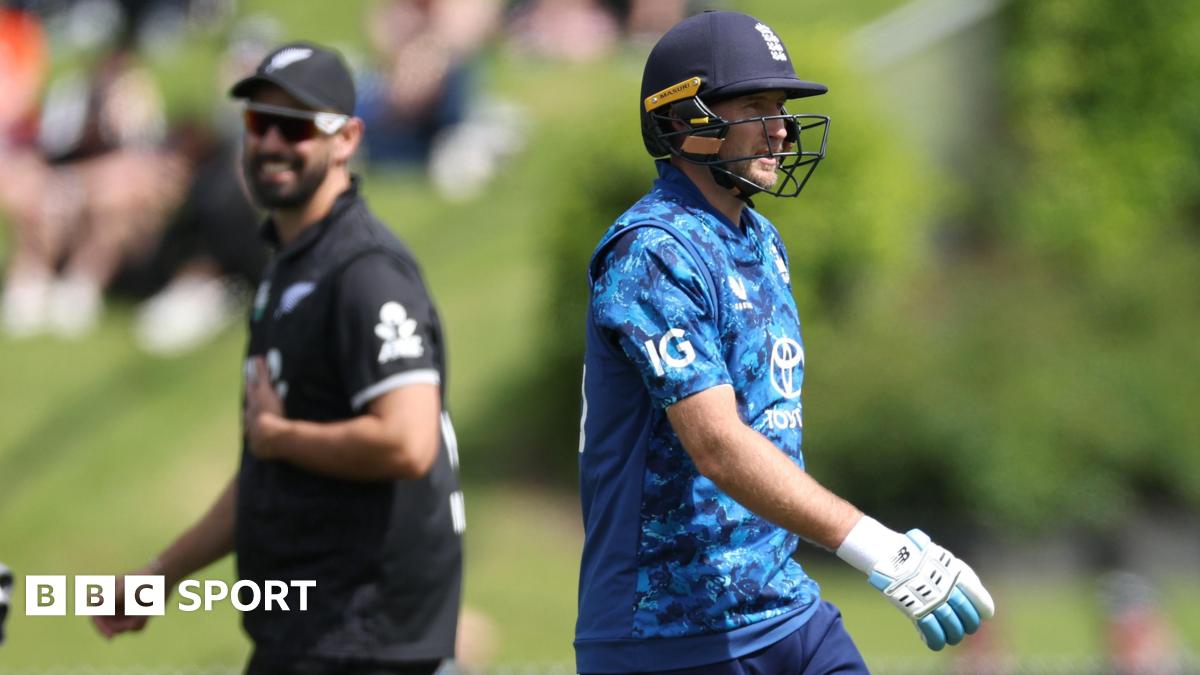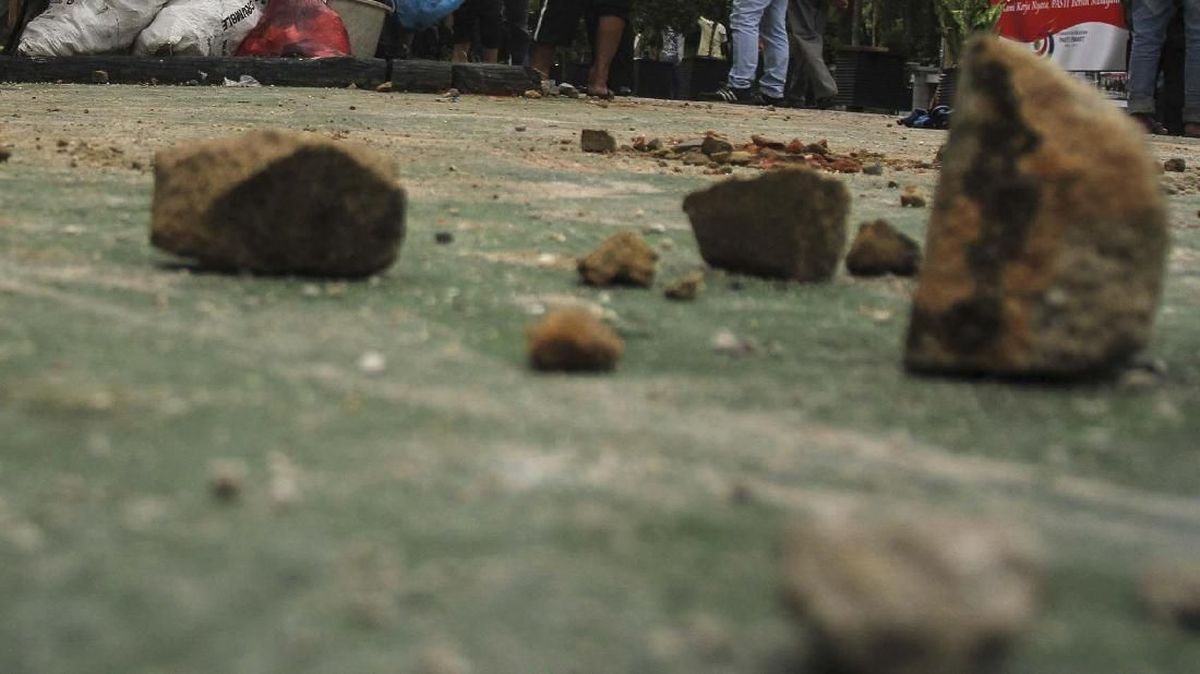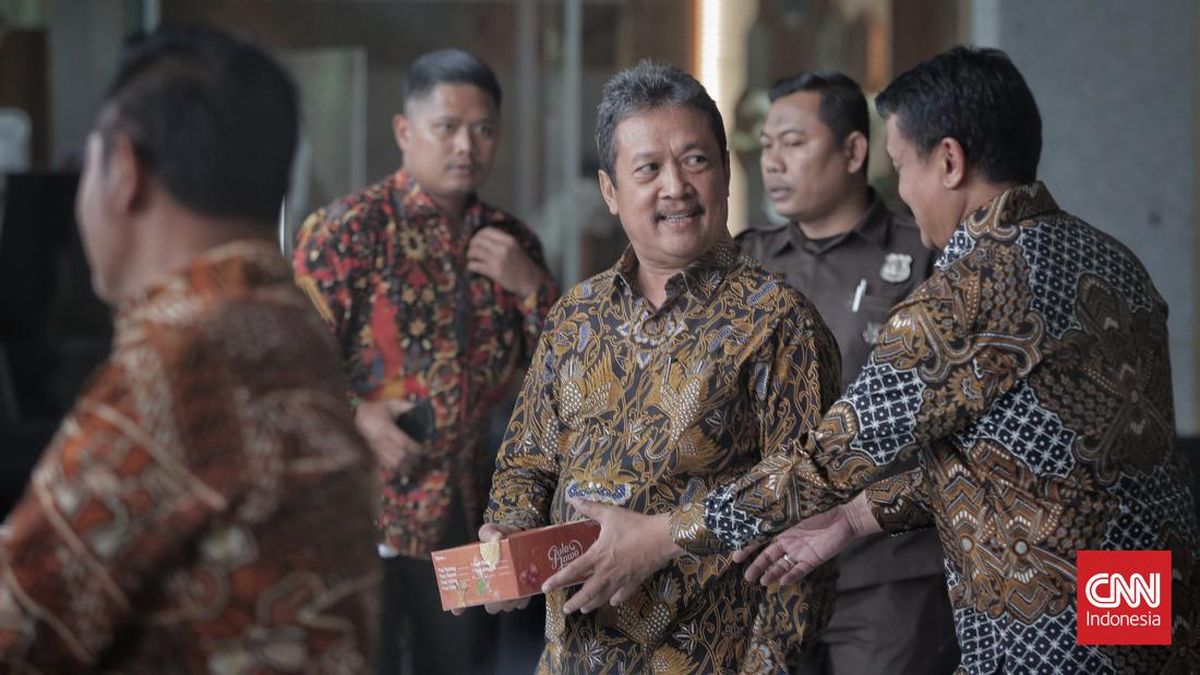Pressure is mounting on WiseTech Global founder Richard White to step aside permanently following Tuesday’s dramatic raid by federal police and the corporate regulator, with investors and governance experts warning the executive chairman’s grip on power has become untenable.
Prompted by this masthead’s revelations in April that White possibly engaged in insider trading – a potential criminal offence which can attract a 15-year jail term – search warrants were executed at the global logistic giant’s Alexandria headquarters on Monday. The AFP and the Australian Securities and Investments Commission were hunting for documents related to alleged improper share trading by White and three employees during late 2024 and early 2025.
The market’s response was brutal: WiseTech’s shares crashed 15.9 per cent to $71.52 on Tuesday, wiping out $4.5 billion in shareholder value and erasing $1.1 billion from White’s personal fortune.

WiseTech founder Richard White has faced a wave of allegations.Credit: Natalie Boog
Morningstar analyst Roy Van Keulen warned that White’s departure could wipe up to 20 per cent from the investment firm’s valuation of WiseTech, which sits at $138 a share, equating to a $46 billion market capitalisation.
“We think it’s likely that both the rate of growth and the ultimate progression of the business would shrink,” he said.
Loading
But the market seems to have more than priced in this risk, with the group currently worth just $24.1 billion on the ASX.
White allegedly offloaded more than $200 million worth of WiseTech shares between December 31 and February 14 while working as a consultant to the company, selling between 23,500 and 125,000 shares almost daily at prices above $120. The sales occurred during formal blackout periods when senior executives are prohibited from trading their company’s shares ahead of financial results.
A spokeswoman for White said at the time that he had “obtained independent legal advice prior to undertaking the share trades”.
Major investor HESTA has led calls for WiseTech board’s to chart a clear path beyond White’s leadership. WiseTech has been on HESTA’s watch-list since May 2025.
“This week’s developments are extremely concerning and highlight the need for strong, long-term succession planning,” HESTA chief executive Debby Blakey said.
“We will seek further information from the company, including how WiseTech will manage Richard White’s role given these latest developments.

The chief executive of HESTA Super Fund, Debby Blakey, raised concerns about the conduct of Richard White.Credit: Oscar Colman
“WiseTech remains on our watch-list due to governance, leadership and culture concerns.”
ACSI, which represents investors managing more than $1 trillion in funds, was also critical of WiseTech’s ongoing governance issues.
“WiseTech continues to fall short of the governance standards investors expect from listed companies,” ACSI executive manager Ed John said.
“The ongoing governance issues at WiseTech have had a significant impact on company value and investor trust. The board has significant work ahead to restore that trust.”
‘This week’s developments are extremely concerning and highlight the need for strong, long-term succession planning.’
HESTA chief executive Debby BlakeyAustralia’s largest superannuation fund, AustralianSuper, had already voted with its feet in March, dumping its entire $580 million stake in the company after nine years.
Helen Bird, a leading corporate governance expert at Swinburne Law School, said the situation around the AFP raids and White’s share trades exposed fundamental weaknesses in how WiseTech has approached leadership transition.
The board appointed Zubin Appoo as chief executive in July 2025, but White remains executive chairman with significant influence over strategy and product development. White still holds 34.55 per cent of WiseTech, worth approximately $10 billion, giving him effective control despite the mounting controversies.
“This has been an ongoing issue,” Bird told this masthead, noting the company appeared to lack any considered plan for moving beyond its 70-year-old co-founder.
“There isn’t a sense that this has been done with consideration of the long-term future. This is a real issue going forward, both in terms of his executive role, plus also in relation to the board itself.
“What’s allowed White to stay in the position is the support of significant investors, who have always pointed to the stock price and said ‘we’re doing well’, but lately that’s going downhill too, so I’d expect some of that loyalty to be tested.”
Bird noted that if White’s share dealings under investigation were deemed insider trades, ASIC’s track record in insider trading prosecutions should give him serious pause.

WiseTech founder and executive chairman Richard White and WiseTech chief executive Zubin Appoo.Credit: WiseTech
“They have a particularly high degree of success in insider trading areas of enforcement,” she said, adding that if ASIC proceeds with litigation, “you would definitely see a lot of pressure brought to bear on him.” Since 2011, ASIC has achieved a conviction rate exceeding 85 per cent in criminal insider trading cases.
For some investors and analysts, Tuesday’s raid represented a tipping point in a governance saga that has plagued WiseTech for more than a year. White stepped down as chief executive in October 2024 following revelations in this masthead about his personal conduct, including allegations of inappropriate behaviour towards women and a $2 million settlement with a former partner.
When four independent directors resigned in February 2025 over “intractable differences” regarding White’s ongoing influence, he promptly returned to the board as executive chairman.
Despite Tuesday’s carnage, most analysts have held their nerve on WiseTech’s fundamental business strength. Macquarie maintained its neutral rating with a $108.50 price target, suggesting Tuesday’s sell-off could present a “buying opportunity for investors with a longer time horizon,” though the brokerage cautioned investigations can drag on for 18 months. Ord Minnett kept its buy rating with a $123 target, implying 72 per cent upside.
Loading
Advisory group Jarden, which had already downgraded WiseTech to underweight from neutral on Monday in a note headlined “Compounding problems”, slashed its target price to $73 from $82. The broker warned that “the current ASIC AFP investigation has the potential to distract management from operations, driving downside risk” to the company’s profit forecasts.
Jarden outlined what WiseTech must do to rebuild investor confidence: provide quantifiable operating targets, deliver meaningful key performance indicators that can be independently verified, communicate clearly and concisely with the market, and – most critically – “provide the market with a clear succession plan, in time, for founder Richard White”.
WiseTech was contacted for comment.
The succession question will become particularly acute at the company’s annual general meeting scheduled on November 21, when shareholders will have the opportunity to express their dissatisfaction through votes on director elections and remuneration.
Bird said this fundamental issue transcends any individual controversy.
“The critical word is succession,” she said. “What often happens in tech and pharmaceutical companies is you have a very successful, very charismatic founder. There is a certain point in the evolution of the business where you need to have a better management structure, governance structure, and plans for the future, so it becomes less dependent on the individual.”
The Business Briefing newsletter delivers major stories, exclusive coverage and expert opinion. Sign up to get it every weekday morning.
Most Viewed in Business
Loading


















































